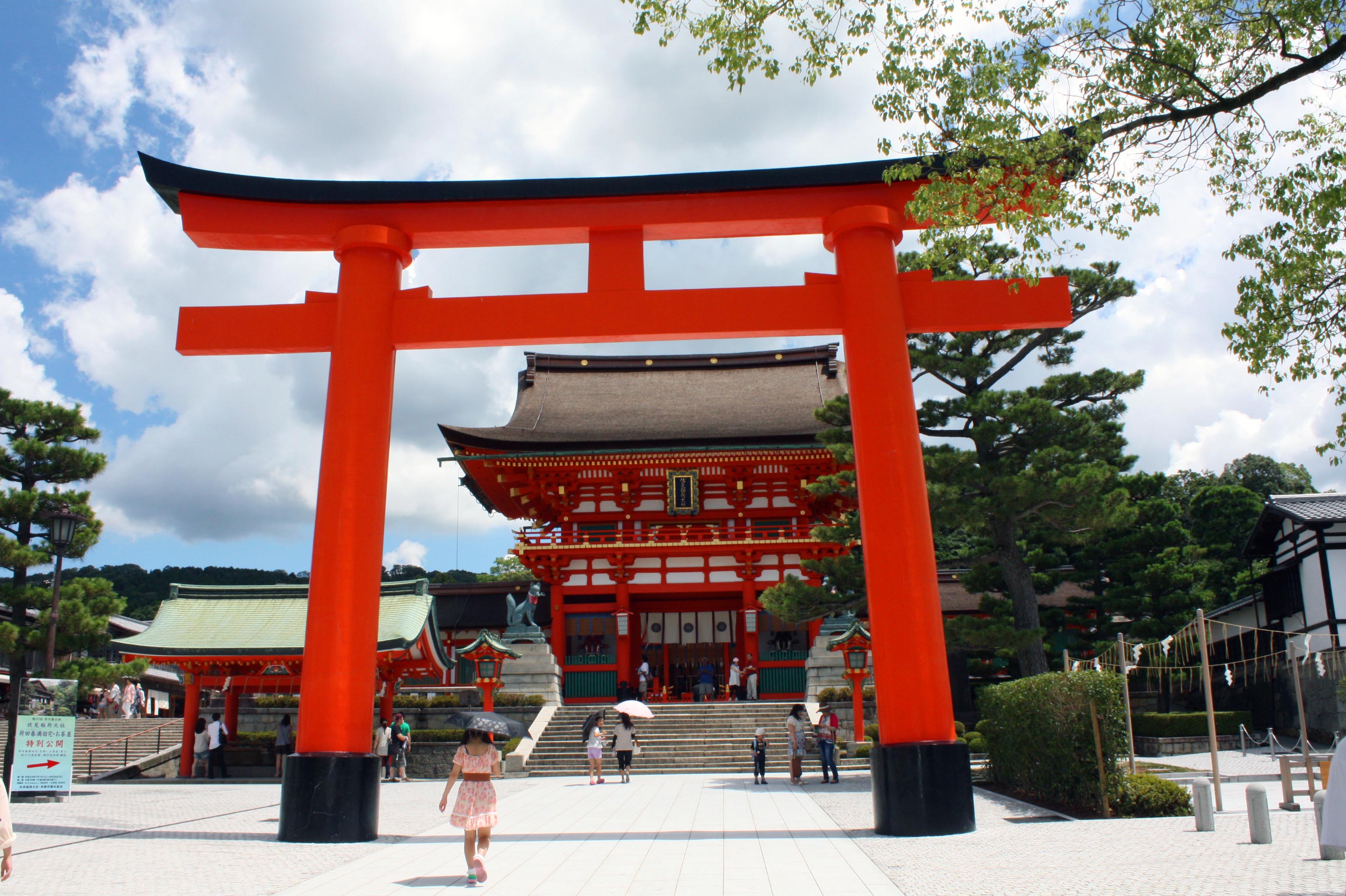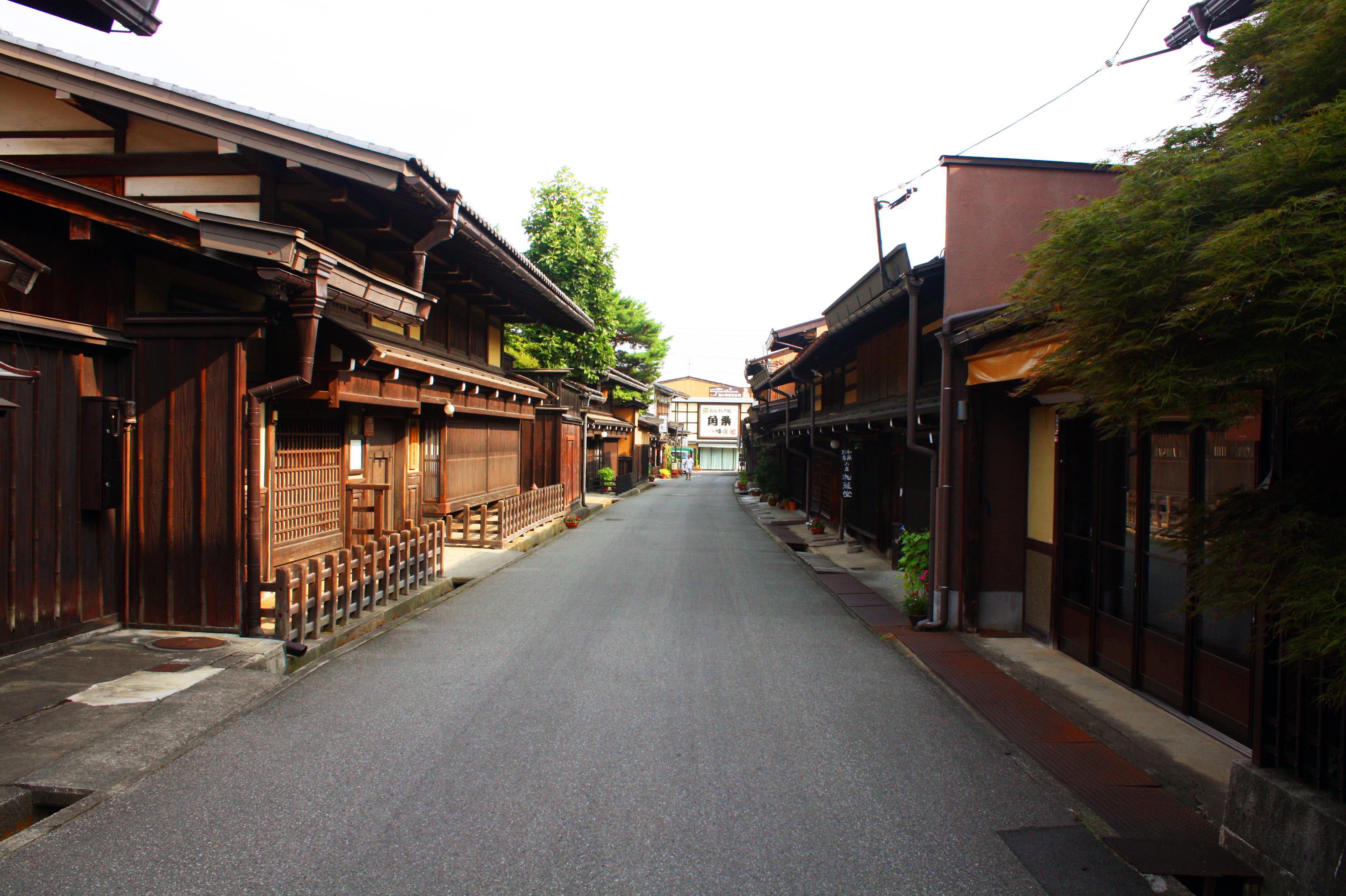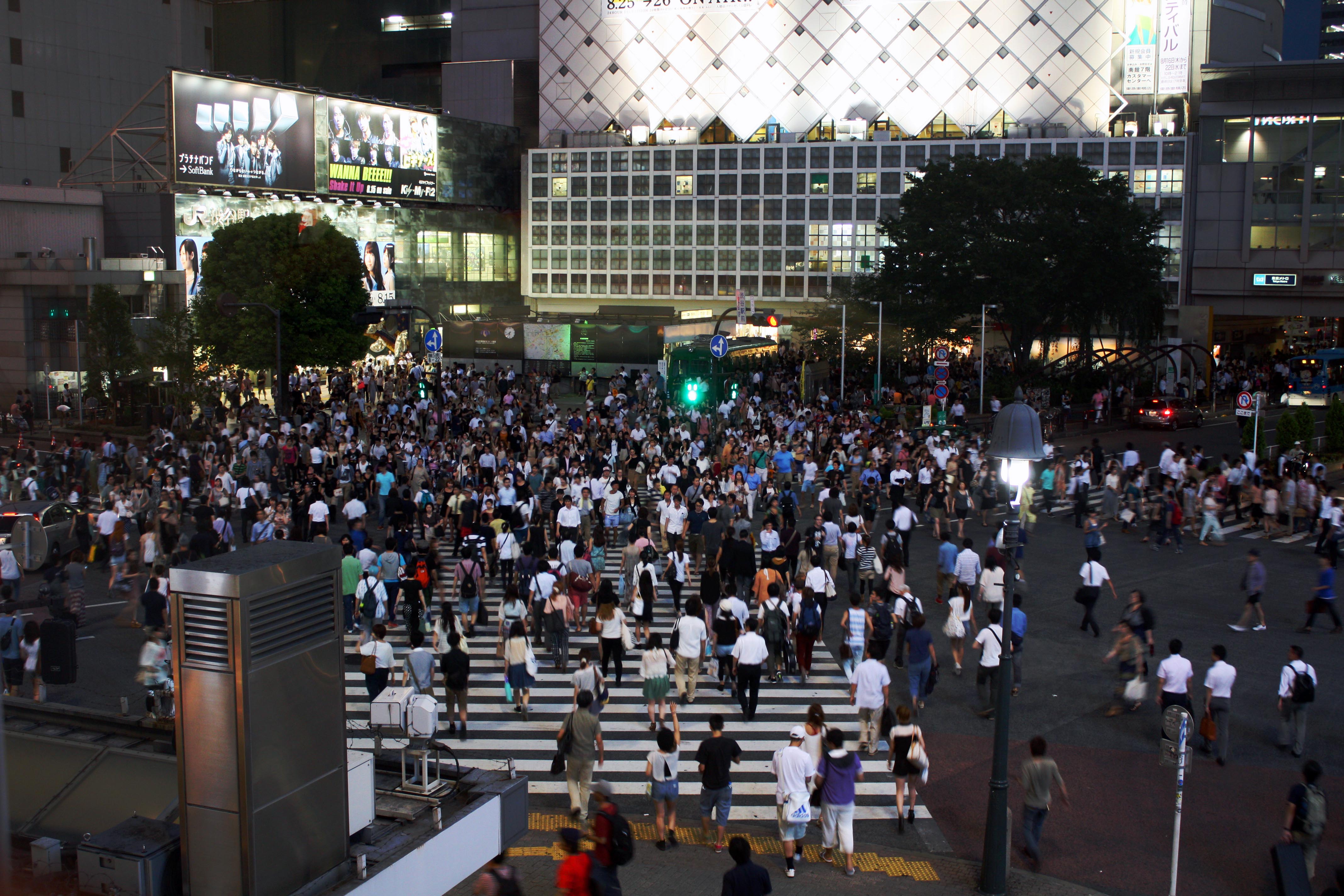This journal might end up morphing into something else, but the initial plan is to recount some chronicles, share some fun facts and maybe even useful things about my own story in Japan that will start with me landing in Narita on March the 2nd, 2015.
Performing my master thesis in Japan (and hopefully getting hired afterwards) was one of the reasons I applied for the SpaceMaster program. So why? What’s with Japan, any way? Sushi blows minds away, chilling at an onsen in the middle of the woods is a unique and mystical experience, and warm, high-tech toilets are a physical delight, but there’s a whole lot more than that; things I will try to objectify in this entry.
This vision of Japan is a result of years of remote exposure to the Japanese culture and a fact-finding one month trip that added many in situ experiences to the equation. There are plenty of exceptions to every item or quality I observed, just like anywhere in the world. I may be completely wrong about my understanding, but that’s what I gathered. Worst case, I might rediscover the true Japanese street in the following months and end up writing an entry called Why not Japan.

Humans born and raised in Japan, despite being part of a huge society that constantly shifts and regulates itself and needs not positive inputs at an individual level, are extremely decent. Decency is rarely a feature you can take for granted in any Western country nowadays, because macro-societies and macro-economies don’t need decency to work. And by decency, I mean uprightness, kindness, integrity and fairness. Humans in Japan practice these. They go the extra mile to help anyone that needs help, and -except for a few pub owners at night- they approach you in a selfless way that makes you feel at ease and safe. Another consequence of this is the fact that nobody cares. Nobody cares about how you look, nobody cares about what you do in public, and nobody demands explanations. That results in lots of people dressing and doing weird stuff here and there, which is really fun. If you are disrupting the public order or anyone else’s freedom, they will come let you know, not because they want to teach you a lesson and fine you, but because they humbly believe you misbehaved unaware that you were doing something wrong all along. It’s not that they play benefit of the doubt (which is a giant leap itself from many Western societies), but that they take for granted your equal integrity and kindness. This alone is positively fascinating and amazing. It might be a result of a long history filled with natural disasters and cataclysms consequence of imperialist dreams that they had to bounce back from together, or it might be a result of their privileged geographical location that filters external influence and flow of humans, but the fact is that Japanese treat each other like not many nations do. One weird consequence of nobody caring, though, is that your neighbor may not even say Hi to you in the morning, or, in a larger scale, you may remain invisible through your day if you don’t do anything about it.
I am not sure what this is a consequence of, but Japanese are clean. They put a lot of emphasis on their own hygiene (partly due to well kept traditions), but more importantly: they keep the streets and what’s left of nature clean. Two days ago I was in Stockholm Arlanda waiting for a flight, and two young blond Western European guys were eating chips in the main hallway, dropping some on the floor. They did realize and they did look at the floor, but they could not care less, and moved away leaving the mess behind. There’s no excuse for this kind of stuff… It doesn’t matter that there’re people who get paid for cleaning, that does not free you from the moral obligation of cleaning your own mess as a consequence of living in a society that shares public places. Seldom have I seen something like this happen in Japan. Some may argue that the fines for littering are high (30,000¥ for littering in Kyoto), but whatever the reason, people take extreme care of their environment, which makes strolling around a great pleasure for the eyes. This is something impressive considering that cities like Tokyo are home to more than 10M citizens (whereas this happens in any given overpopulated town in South India, maybe I have yet to see this side of Japan?). The cities, the intercity landscapes, the countryside and any remote town in this land look nice, clean and neat.

Finally, adding to the previous point, Japan managed to have an advanced high-tech presence everywhere. This results in a combination of old-and-new that somehow looks great and makes sense. Technological advancements in a town or village, or even in a big city, sometimes mean a disgusting contrast that is not that great a view, and sometimes feels fake. Japan is a world champion in combining wonderful traditions, old countryside lifestyles and backgrounds with high speed trains, giant street screens and crystal skyscrapers. You get a peaceful country side intertwined with a minimalist and sophisticated sci-fi looking metropolis, yet nothing feels out of place. On a cultural and social level, as a European, you get a place that sort of resembles your home, but every day you are faced with an endless chain of events that make it enjoyable and fun, an horizon full of weird realities and a continuous flow of unexpected new inputs for your brain.
Plus, truth be told, I like change. I like new places, new smells, new people who have been raised in a completely different culture, the challenge of a language that uses a different alphabet. I like change and constantly adapting myself to it. It might be regarded as an exercise of patience, strength, perseverance and whatnot, but it is immensely and insanely fun. Living in constant change and adaptation makes you 200% aware of your surroundings, keeps your mouth, ears, eyes and brain in constant weight lifting, and satisfies my very self to exhaustion.
The sum of all of this makes Japan one of the most attractive countries to live and work in for someone like me, at this point of my life. But I am only human, and I may and I will change my mind and my impressions of the land of the rising sun as things happen and the everyday life shows me things I overlooked and drives me to places I did not expect to exist. And were I to wind up disappointed with life in Japan, that would just mean it’s time to move on and away.

Awesome man! Totally looking forward for next post
Excellent entry. Love to see more post coming up in March.